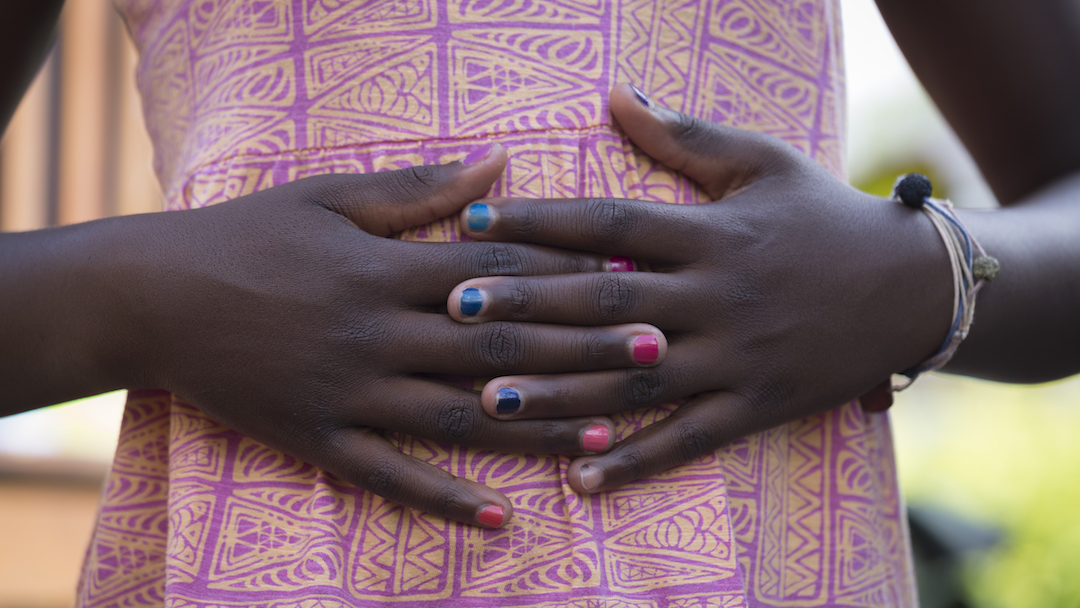Rotabiome
The influence of the intestinal microbiome on infant rotavirus vaccine responses in rural Ghana and urban Pakistan.

Objective
To test the hypothesis that the differential presence of immune-stimulating intestinal microbes influences oral rotavirus vaccine efficacy in infants.
Description
Rotavirus is the leading cause of diarrhea-related death in children worldwide, with 95% of rotavirus deaths occurring in low-income countries in Africa and Asia. Rotavirus vaccines have the potential to dramatically reduce the morbidity and mortality caused by rotavirus infection, however rotavirus vaccines demonstrate significantly lower efficacy in low-income countries.
Understanding the pathophysiology behind this diminished efficacy is critical, as even small improvements in efficacy could increase the number of childrens’ lives saved by the vaccine by hundreds of thousands over the next 15 years.
One of several explanations for these differences in vaccine efficacy is that the infant intestinal microbiota may be modulating an infant’s immune response to the enteric RVV. We hypothesized that the composition of the intestinal microbiota is influencing RVV response, that RV vaccine responders have different intestinal microbes as compared to non-responders and that these dissimilarities contribute to the decreased efficacy of RVV found in Africa and Asia.
Publications
- Effect of Antibiotic-Mediated Microbiome Modulation on Rotavirus Vaccine Immunogenicity: A Human, Randomized-Control Proof-of-Concept Trial
- The Significance of the Intestinal Microbiome for Vaccinology: From Correlations to Therapeutic Applications
- Rotavirus vaccine response correlates with the infant gut microbiota composition in Pakistan
- Significant Correlation Between the Infant Gut Microbiome and Rotavirus Vaccine Response in Rural Ghana
- Gut Microbes May Help Determine Our Immune Response to Vaccines.
Partners
Department of Pediatrics and Child Health, Aga Khan University, Karachi, Pakistan
Noguchi Memorial Institute for Medical Research, University of Ghana, Legon, Ghana
Laboratory of Mirobiology, Wageningen University, the Netherlands
Department of Pediatrics, University of Padova, Italy
PATH Center for Vaccine Innovation and Access, Seattle, USA
Division of Viral Diseases, Centers for Disease Control and Prevention (CDC), Atlanta, USA
Funders
This research is funded in part by the Bill & Melinda Gates Foundation; GAVI, the Vaccine Alliance, GlaxoSmithKline Biological SA (GSK) and the Netherlands Organization for Scientific Research [Spinoza Grant 2008 to WMdV].
Countries
Pakistan
Ghana
